Greene once ran an insane 9.82 race to win the 2001 100 meter world title despite limping to the finish line to finish ahead of Montgommery.
American sprint legend Maurice Greene has reflected on his fierce rivalry with compatriot Tim Montgomery, acknowledging how it shaped his career and drove him to become one of the greatest sprinters in history.
Greene, once the 100 meters world record holder with a time of 9.79 seconds, dominated the track during the late 1990s and early 2000s, earning four Olympic medals and five World Championship titles.
In 2001, Greene underlined his status as the “world’s fastest man” with a remarkable performance at the World Championships in Edmonton, Canada. Despite suffering a quadriceps injury 35 meters into the 100 meters final, Greene powered through to win his third consecutive world title, clocking 9.82 seconds—the third-fastest time in history at the time.
American sprint icon Maurice Greene finally reveals inspiraton behind famous fire extinguisher celebration
American sprint icon Maurice Greene finally reveals inspiraton behind famous fire extinguisher celebration
This victory placed him alongside Carl Lewis as the only sprinters to win three consecutive 100 meters world titles. Greene also led teammates Tim Montgomery and Bernard Williams to a 100 meters clean sweep at a major championship, the first since 1991. However, his injury forced him to withdraw from the 200 meters, preventing him from defending his crown.
While Greene had rivalries with athletes like Canadian sprinter Donovan Bailey, it was Tim Montgomery who pushed him the hardest. Montgomery ultimately broke Greene’s 100 meters world record by a mere 0.01 seconds in 2002, although Montgomery was later stripped of the record due to a doping violation in 2005.
Reflecting on the impact Montgomery had on his career, Greene explained, “It is just one person that I refused to let beat me. I don’t care what it was, I would never let him beat me,” Greene said during an appearance on The Powells YouTube channel. “That actually went through my mind, even when I was injured.”
‘He is ahead of the game’- American sprint icon on why Kishane Thompson can turn tables in 2025
‘He is ahead of the game’- American sprint icon on why Kishane Thompson can turn tables in 2025
Greene’s tenacity was evident in the 2001 World Championships final, where he tore his quadriceps mid-race but refused to give up.
“I pulled my quad 65 meters into that race and I was like, ‘This is gonna come off.’ I ran my leg all the way through and clocked 9.82. I was like, ‘God, I wonder what that race would have been if I stayed fit.'”
The rivalry with Montgomery and his competitive drive were central to Greene’s success. His breakthrough moment came in 1997, when he won the 100 meters world title in Athens.
A year later, Greene set a world indoor 60 meters record of 6.39 seconds, a mark that still stands today. In 1999, he enjoyed a career-defining year, setting the 100 meters world record of 9.79 seconds in Athens and completing the 100-200 meters double at the World Championships in Seville.
Greene also recounted a pivotal moment leading up to the 1997 World Championships, when a poor performance in Paris—finishing seventh—motivated him to silence his critics in Lausanne the following week.
“In 1997, I won the U.S. Championships and then made the World Champs. But one of my best friends was getting married, and I promised him I’d be there. Right after the championships, I flew home, went to his wedding, and partied hard.”
Greene’s preparations for Paris were less than ideal, and his disappointing result led to harsh media criticism.
“The next day, the papers said, ‘Donovan Bailey puts Greene and U.S. sprinters back in their place.’ I didn’t need any more fire. I told myself, ‘This won’t happen again.’ The next meet was in Lausanne. It was raining and cold, but I didn’t care. I ran 9.92 in the freezing cold rain.”
Maurice Greene’s career is a testament to resilience and a fierce competitive spirit. His rivalry with Montgomery, his refusal to lose, and his ability to overcome injuries cemented his place as one of the all-time greats in sprinting.
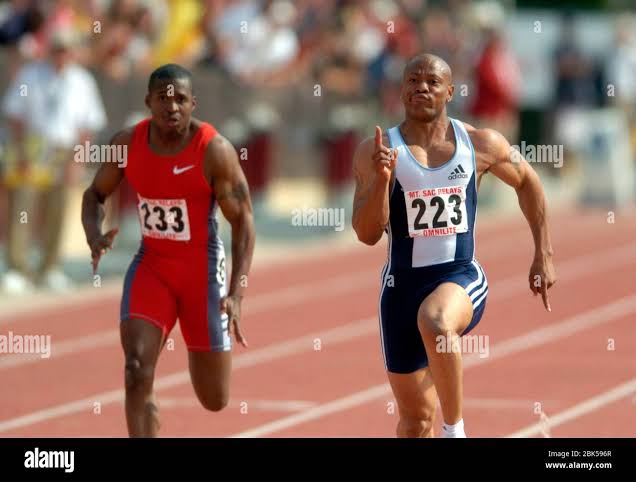
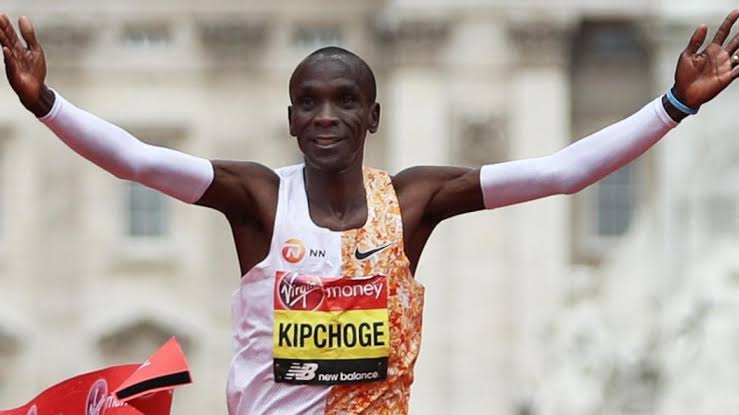

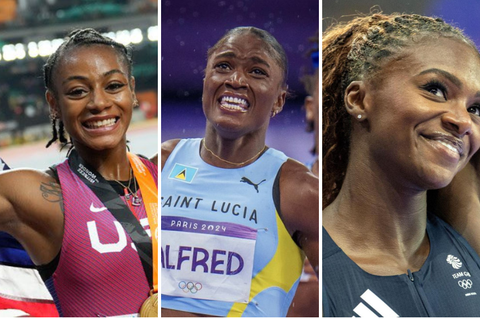
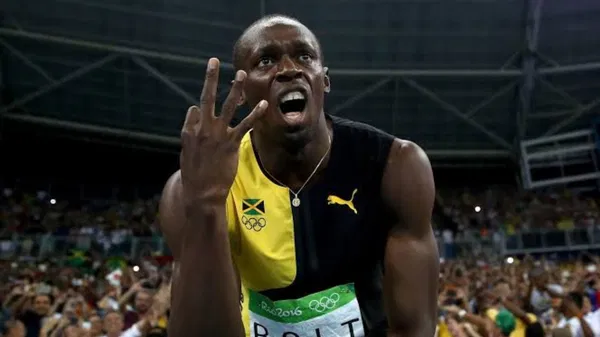
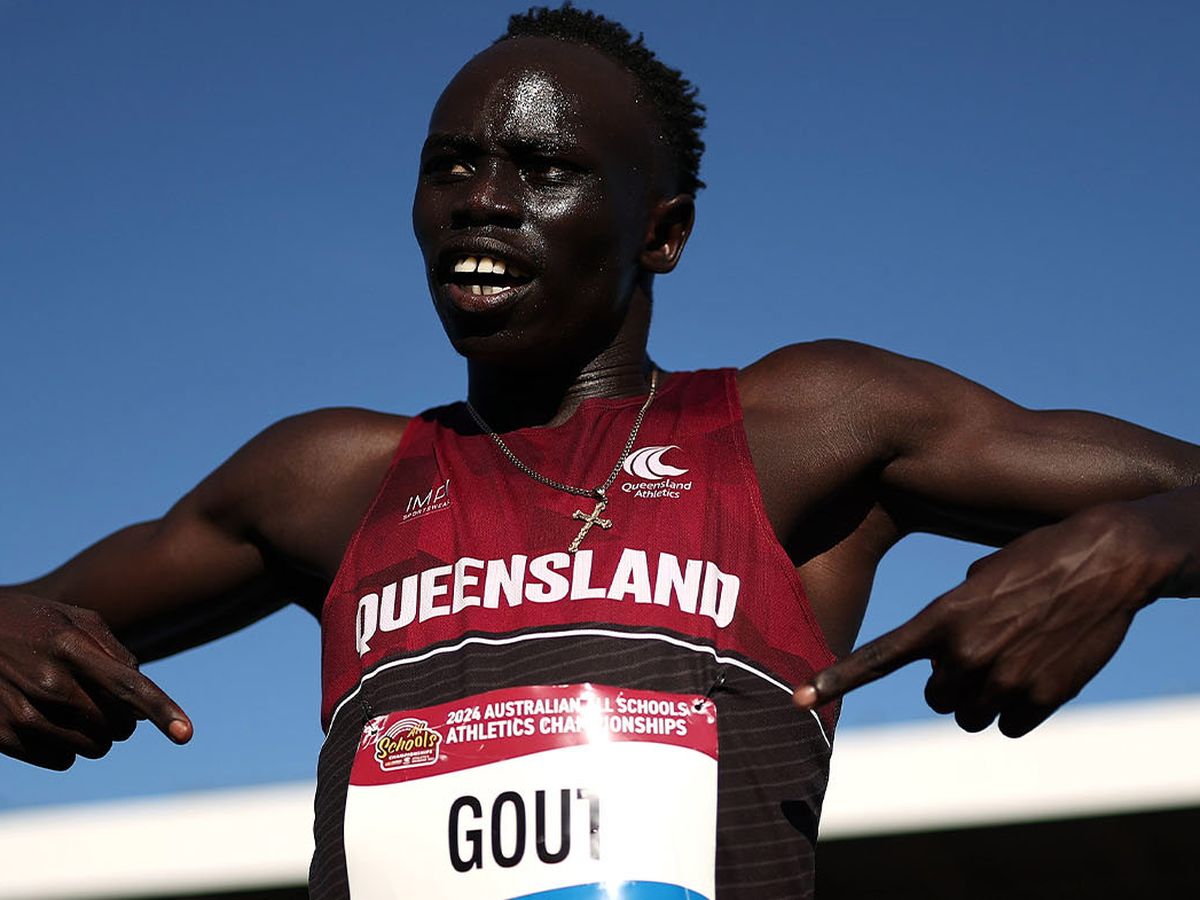
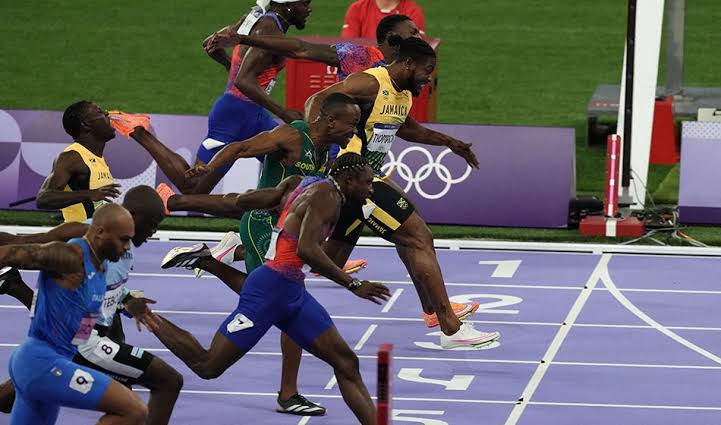
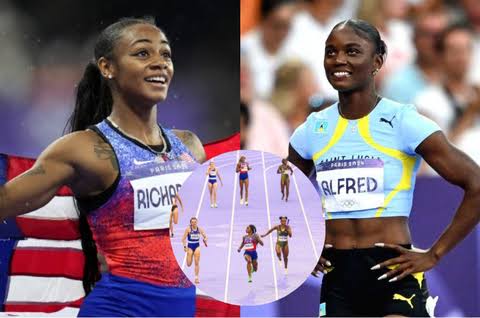
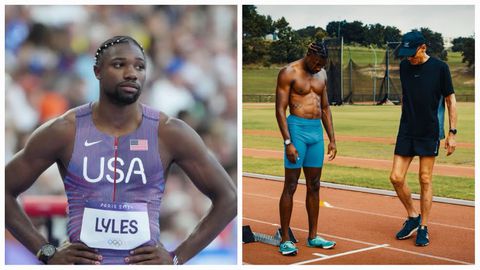
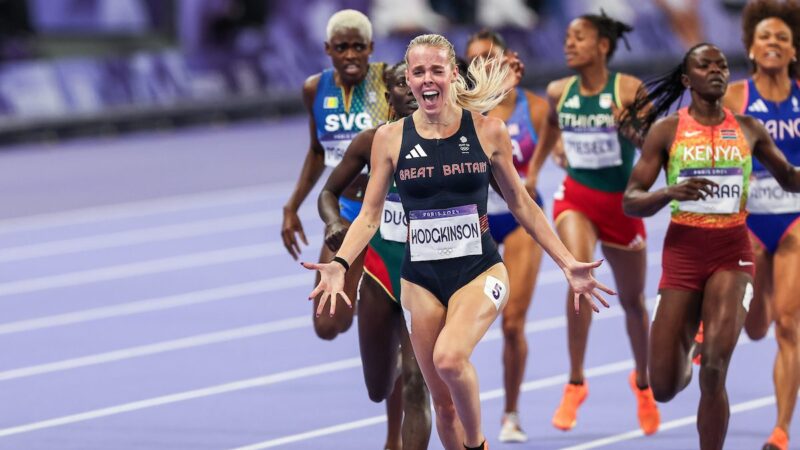
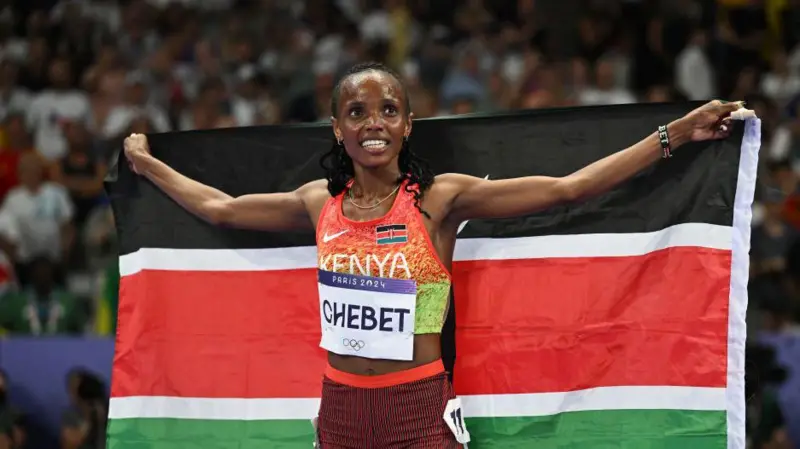

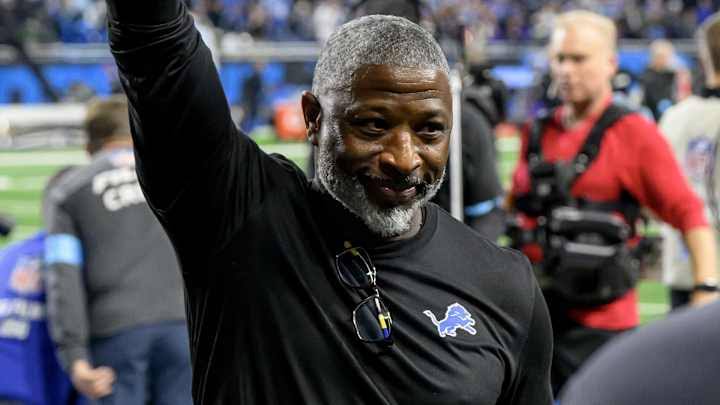


Leave a Reply